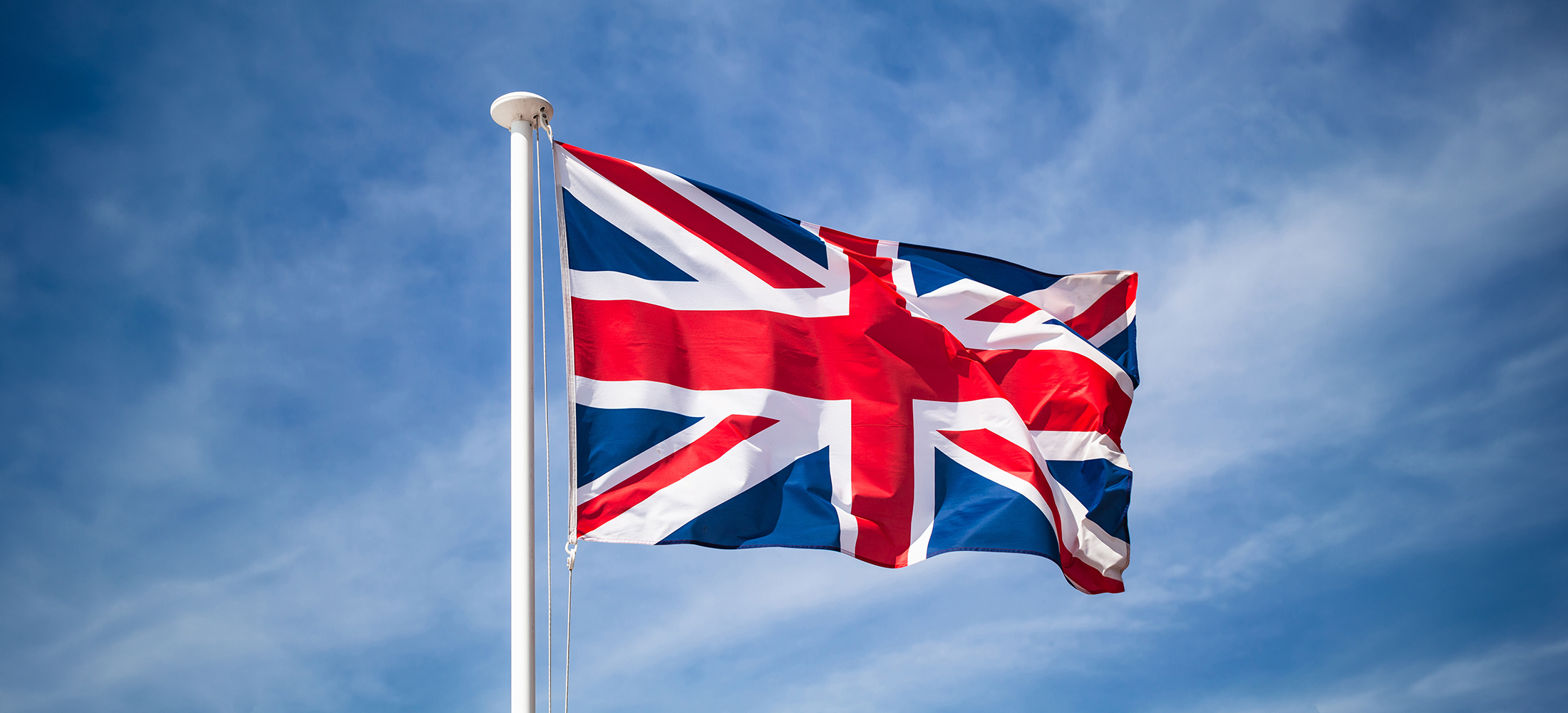Since the United Kingdom left the European Union, the trading relationship between the two entities has been governed by the Trade and Cooperation Agreement (TCA), which came into effect on January 1, 2021. Here are the key elements of this agreement and how it affects UK-EU trade:
1. Zero Tariffs and Zero Quotas
Goods: The TCA allows for tariff-free and quota-free trade for all goods that meet the relevant rules of origin. This means that, in principle, no customs duties or limitations are applied to goods traded between the UK and the EU, provided they qualify as originating products under the agreed rules of origin.
2. Rules of Origin
Origin Criteria: To benefit from zero tariffs, goods must meet specific origin criteria. These rules determine the economic nationality of the goods based on where the materials come from and where the production takes place.
Declaration: Exporters must provide a statement of origin on the commercial invoice or another document to prove that the goods qualify for preferential treatment under the TCA.
3. Customs Procedures and Formalities
Customs Declarations: Despite the tariff-free arrangement, customs declarations are required for all goods moving between the UK and the EU. This involves completing and submitting the necessary documentation to customs authorities.
Simplified Procedures: The TCA includes provisions to streamline customs processes and reduce administrative burdens, such as the use of simplified procedures for trusted traders.
4. Sanitary and Phytosanitary (SPS) Measures
SPS Controls: There are separate regulations and checks for food, animals, and plants to ensure they meet safety and health standards. These include health certificates and inspections.
Equivalence and Cooperation: The UK and EU have agreed to cooperate on SPS measures to facilitate trade while protecting health and safety standards.
5. Technical Barriers to Trade (TBT)
Conformity Assessment: The TCA includes provisions to reduce technical barriers to trade by recognizing conformity assessment procedures and ensuring that technical regulations, standards, and conformity assessments do not create unnecessary obstacles to trade.
6. Customs Cooperation and Mutual Assistance
Information Exchange: The TCA establishes mechanisms for cooperation and information exchange between UK and EU customs authorities to combat customs fraud and facilitate legitimate trade.
Mutual Assistance: The agreement includes provisions for mutual assistance in customs matters, including the exchange of information to prevent breaches of customs legislation.
7. Dispute Resolution Mechanism
Dispute Settlement: The TCA outlines a structured process for resolving trade disputes, including consultation, mediation, and arbitration procedures.
8. Level Playing Field Provisions
Standards and Regulations: The TCA includes commitments to uphold common high standards in areas such as labor rights, environmental protection, and competition policy to ensure fair competition and prevent regulatory divergence that could distort trade.
9. Services and Digital Trade
Service Provision: While the TCA primarily focuses on goods, it also includes provisions related to the cross-border supply of services, investment, and digital trade.
Data Protection: The agreement recognises the importance of data protection and includes provisions to facilitate the free flow of data while ensuring high standards of personal data protection.
10. Northern Ireland Protocol
Special Arrangements: Separate from the TCA, the Northern Ireland Protocol ensures that Northern Ireland remains aligned with certain EU rules to avoid a hard border on the island of Ireland. This means that goods moving between Northern Ireland and the rest of the UK, as well as between Northern Ireland and the EU, are subject to different regulatory requirements.
The UK-EU Trade and Cooperation Agreement establishes a framework for tariff-free and quota-free trade, provided goods meet rules of origin requirements. Customs declarations and other formalities still apply, and there are specific provisions for SPS measures, technical barriers, customs cooperation, and dispute resolution. The agreement aims to maintain a level playing field and includes arrangements for Northern Ireland to prevent a hard border with the EU.
If you would like to discuss this further please contact us to arrange a consultation with one of our experts.









